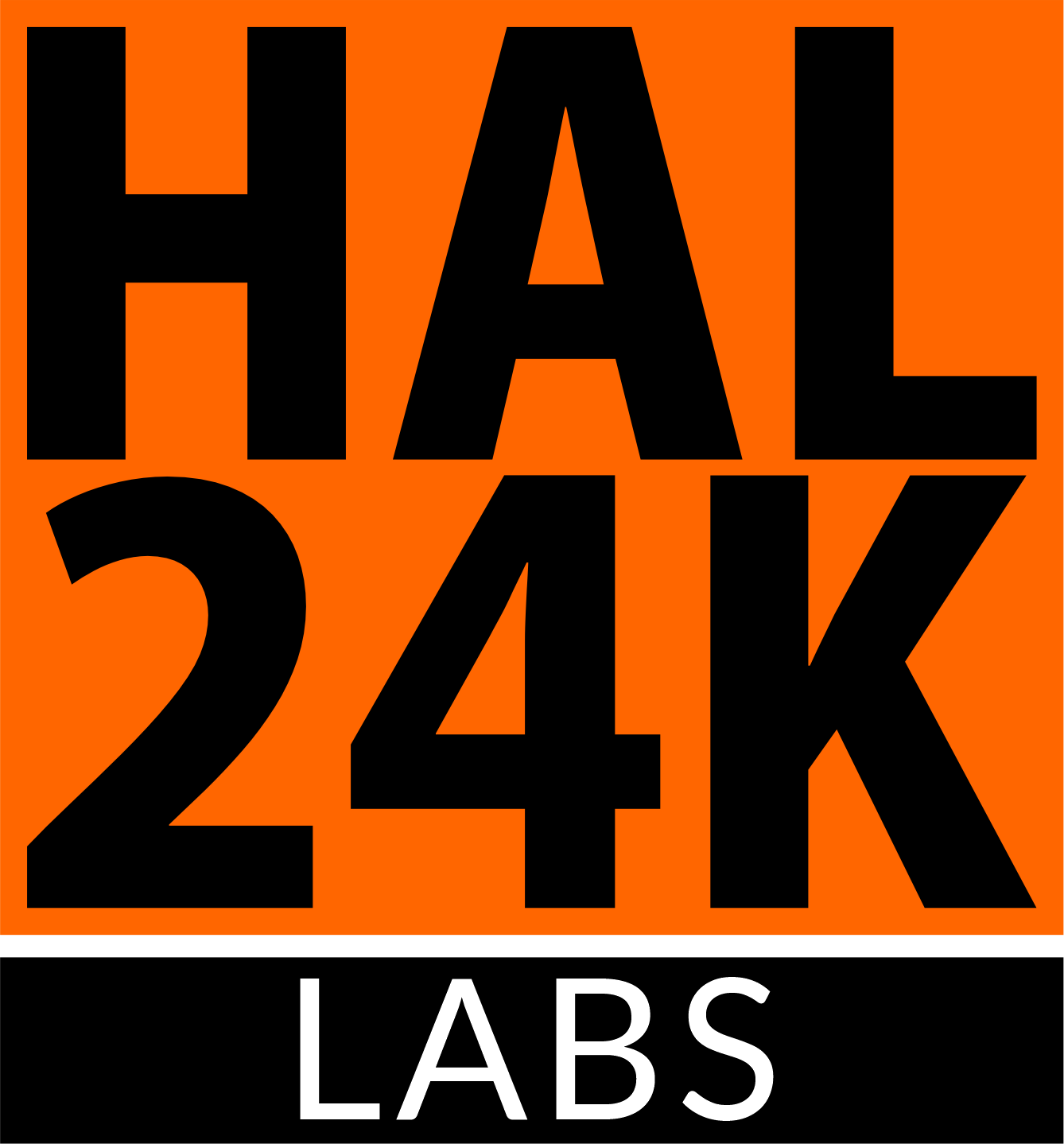Dutch province reduces CO2 emissions with HAL24K’s Queue Prediction
4% to 10% improvement in traffic flow is what the province of Noord-Holland expects to gain by using HAL24K's Queue Prediction solution on provincial intersections. This will significantly reduce CO2 footprint and boost driver satisfaction.
Read in the province’s press release below how one of our smart traffic management solutions helps operators anticipate bottlenecks and limit their impact through optimized control of traffic lights.
September 22, 2020
Decreased waiting time at traffic lights
Noord-Holland predicts queues with artificial intelligence
The province of Noord-Holland has introduced a new technique to predict the number of cars, motorcycles and trucks waiting at a traffic light. With Queue Prediction it is possible to optimally regulate traffic from the traffic control center of the province and prevent congestion. With this innovative approach, road users spend less time waiting as traffic flow is improved, not only at the intersection, but throughout the region.
How does it work?
Provincial intersections with traffic lights have sensors in the road. These sensors indicate the presence of vehicles queueing at a traffic light. This information is combined with historical traffic data at that same intersection. Artificial intelligence-based Queue Prediction then automatically adjusts the timing of the lights at that intersection so that traffic can flow optimally.
Jeroen Olthof, Deputy Mobility: “The key advantage of Queue Prediction is that the traffic lights can now take predictions of expected heavy traffic into account before the congestion takes place. That is to the benefit of the road user as well as the environment. ”
Testing Queue Prediction at 8 intersections
At the beginning of the year, the province started testing the AI solution at 4 intersections on the N201 near Schiphol. In September, these tests are extended to include 4 additional intersections in the Alkmaar region. The effect of Queue Prediction on the green wave and on other traffic waiting at the intersection will be investigated. The will give insight into use of the solution at the other 270 intersections in Noord-Holland. The expectation is that traffic flow will be improved by between 4% and 10%, resulting in a reduction of CO2 emissions.
Smart, clean and safe travel in Noord-Holland
The province of Noord-Holland is investing heavily in Smart Mobility measures. With the innovative Queue Prediction, traffic is affected less by unnecessary congestion, saving time and fuel, which is good for both mobility and the environment. The province is working with data intelligence company HAL24K on queue predictions in North Holland. HAL24K supplies software and data science products to companies and governments for data-driven decision-making.
Read the province's original press release (in Dutch) here.

